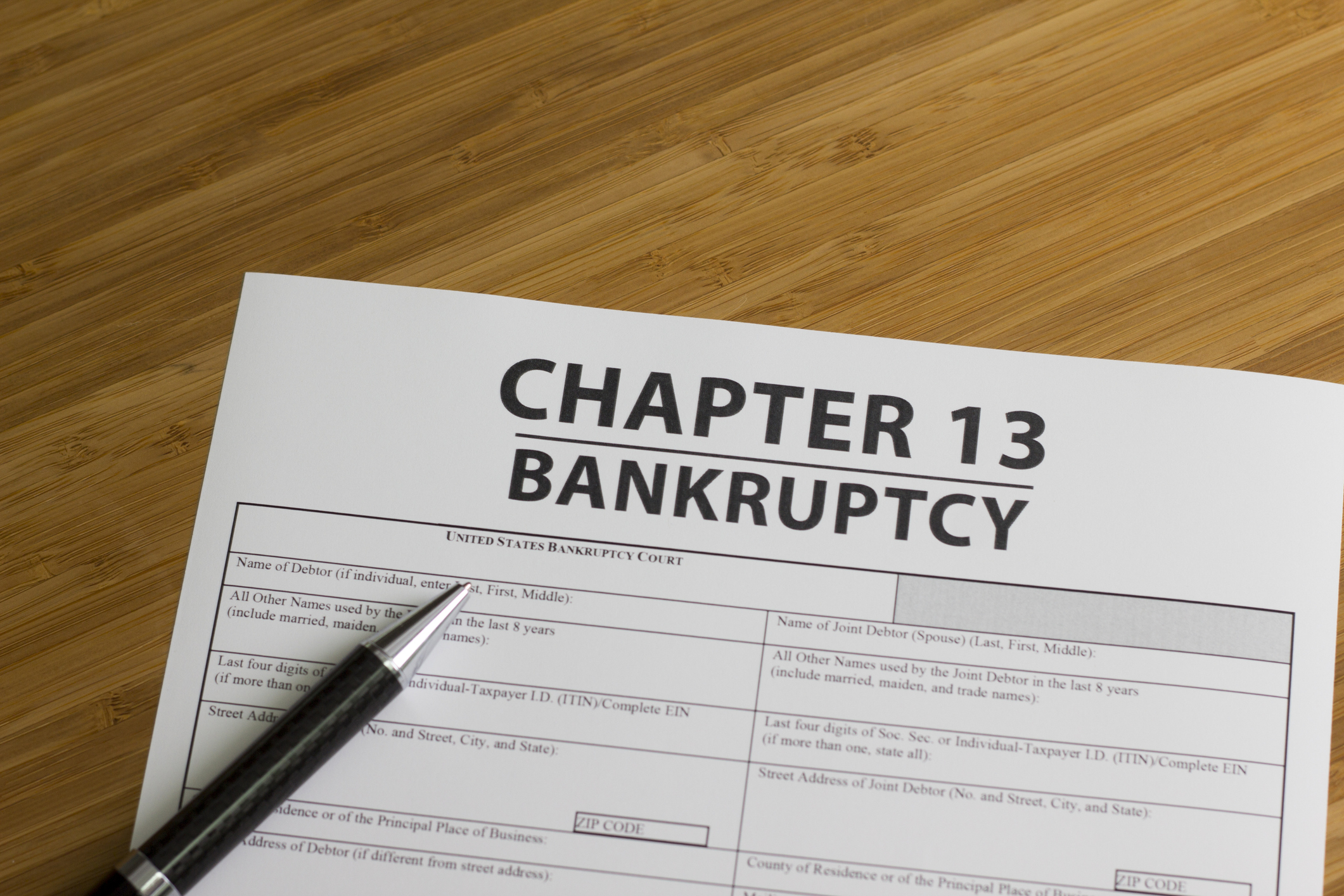
Are you dealing with financial difficulties that feel overwhelming? Are you having trouble meeting your debt responsibilities and looking for a solution? In certain circumstances, filing for Chapter 13 bankruptcy might offer the support and framework necessary to regain financial stability.
What is Chapter 13 Bankruptcy?
Chapter 13 bankruptcy, also known as a wage earners plan, provides an opportunity for individuals with income to create a repayment plan for their debts. Unlike Chapter 7 bankruptcy, where assets are liquidated, Chapter 13 allows debtors to reorganize their financial affairs while holding onto their property.
Who Qualifies for Chapter 13 Bankruptcy?
To be eligible for Chapter 13 bankruptcy, individuals need to have a consistent income source. This can come from being employed, owning a business, or having revenue streams. Moreover, their unsecured debts should be within a limit, and their secured debts must not exceed a specified amount. If you’re uncertain about your eligibility based on your financial circumstances, consulting with an experienced bankruptcy attorney is advisable to ensure that you qualify.
The Chapter 13 Repayment Plan
In Chapter 13 bankruptcy, a key aspect is the repayment plan. Debtors collaborate with their attorney to develop a proposal for repaying creditors, typically over a span of three to five years. This plan details how the debtor will utilize their income to settle debts. It’s essential to craft a plan that not only complies with bankruptcy regulations, but that also takes into account your financial abilities and weaknesses.
Advantages of Chapter 13 Bankruptcy
- Protection from Foreclosure: Filing for Chapter 13 bankruptcy has the potential to temporarily pause foreclosure proceedings, giving individuals the opportunity to gradually repay any missed mortgage payments within the allotted time frame of the bankruptcy.
- Retaining Property: Unlike Chapter 7, Chapter 13 allows debtors to keep their property while restructuring their debts.
- Co-signer Protection: Chapter 13 can safeguard co-signers from being pursued by creditors as long as the debtor adheres to the repayment plan.
How to File for Chapter 13 Bankruptcy
- Consultation with an Attorney: Begin by consulting with a bankruptcy lawyer. They will evaluate your circumstances, determine if you qualify for Chapter 13, and assist you in navigating the process of filing for bankruptcy.
- Credit Counseling: Before submitting their filing, individuals who owe debt are obligated to finish a credit counseling course offered by an organization. This requirement is in place to promote financial literacy, deter future financial difficulties, and encourage the exploration of alternatives to declaring bankruptcy.
- Filing the Petition: With the guidance of your attorney, file the necessary paperwork and petition. A Chapter 13 bankruptcy petition must include a detailed repayment plan, income statements, asset disclosures, and all other relevant financial information.
- Meeting of Creditors: After submitting their filing, debtors are required to attend a meeting with their creditors. During this meeting, the bankruptcy trustee will ask Chapter 13 debtors to provide sworn statements regarding their financial matters.
- Confirmation and Repayment: Once the repayment plan is approved, debtors must follow the agreed upon terms and make the planned payments to the trustee on time. The trustee will then distribute the funds from the planned payments to their respective creditors.
Chapter 13 bankruptcy provides a method for addressing financial difficulties while enabling individuals to hold onto their assets. Nonetheless, it is crucial to explore all avenues and consult with experts before considering filing for Chapter 13. By being proactive in following Chapter 13 guidelines, and faithfully following your repayment plan, Chapter 13 bankruptcy can lead to a successful financial future for those suffering from excessive debt.
For personalized guidance and assistance with Chapter 13 bankruptcy, consult a qualified bankruptcy attorney to navigate the process smoothly and achieve financial relief.


Get a Free Bankruptcy Case Evaluation